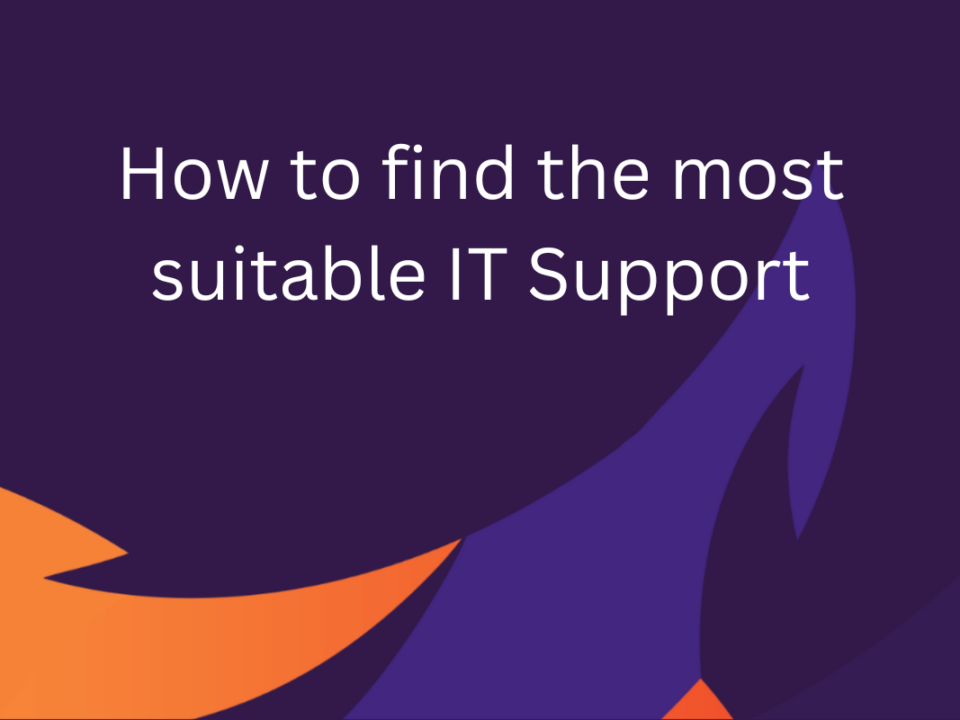Best practices to adopt for enhanced email security
While it has many shortcomings in terms of security, and despite numerous alternatives available, email still prevails as the most commonly used method of communication for enterprises across the globe.
Recent years have seen even the most technologically-savvy firms caught out by security issues with their email systems, sometimes resulting in major data breaches. Enterprise email accounts can offer a veritable treasure trove of confidential company information as well as an endless source of personally identifiable information (PII) that can be exploited by malicious operators.
If attackers are able to penetrate network systems and obtain access to personnel email accounts, the information in inboxes, outboxes, trash and sent folders can be misused in a wide range of criminal activities. Stored credentials may allow access to sensitive data files, attached documents can compromise company deals, and enterprise account data may even be used for fraud and financial theft.
Systems don’t have to be hacked for emails to become part of a serious incident. Hackers can intercept messages in transit or employees may mistakenly send emails containing private data to the wrong address. If either of these potential events involves personal information, companies can find themselves dealing with a serious data leak that must be reported to regulators at the Information Commissioner’s Office (ICO) and any data subjects involved.
If a company is discovered to have taken inadequate security measures by the ICO, it can face massive fines along with additional costs from angry data subjects demanding compensation, not to mention a serious blow to their professional reputation. With these potential risks in mind, the following are some protocols well worth considering when it comes to your enterprise’s use of email.
Employ encryption software
Encryption software empowers enterprise users to ensure the emails they send remain indecipherable to all but the recipient they’re intended for. The email recipient will be given a dedicated decryption key that enables only them access to the message content that has been transmitted. If anyone intercepts the email or receives it in error, the message will be entirely illegible, appearing as a random assortment of letters, numerals, and symbols in no coherent order. Effectively rendering all content within completely secure. Cybersecurity experts at the UK’s National Cyber Security Centre (NCSC) and the ICO both advise the use of email encryption software to protect private data when it has to be emailed.
It is important when adopting encryption that you select a solution that makes any attachments incomprehensible as well as the message copy as a great deal of these supplementals involve important documentation. From company contracts filled with PII to invoices including sensitive financial details, it’s vital that all attachments are afforded the same high level of protection.
Use strong and unique passwords
Enterprise passwords should be constantly changing and assessed in terms of security when required. Unless some previous knowledge is present, a secure password should never be able to be guessed. Hackers use specific software created to crack passwords, and the more complex a password is, the longer period of time it will take them to decode and access accounts.
Some advice for fortifying passwords includes employing a range of both upper and lower-case alphabetic letters with random numerals inserted that never form legitimate words. Avoiding well-established substitutions for letters, numbers, and special characters is also wise. For example, never represent the letter “a” with an ampersand or interchange the letter “I” and the number one. Additionally, it is never smart to use any personal information in passwords whatsoever, such as memorable dates, places or family and pet names.
Remain alert for email attacks
All staff should be regularly instructed and tested on not only how to identify phishing emails, but how to react when they are in receipt of one. Phishing emails are a well-documented attack vector for numerous malicious campaigns including the deployment of viruses, spyware, malware, and ransomware that can cause considerable harm to companies if they gain a foothold in networks.
Train your staff to never click on links, download suspicious attachments or impart confidential information and personal details over email. Make sure they understand the clear line of reporting when they encounter a phishing attempt to negate any harmful impact intended.
Select multi-factor authentication methods
Finally, enforcing the use of multi-factor authentication (MFA) options on all enterprise staff members’ accounts will add an extra layer of defence to your email security strategy. Whether you use a managed service or a standard email client, you’ll find that many systems offer in-built MFA capabilities that just need to be enabled.
MFA can make email hacking a far trickier pursuit for cybercriminals. Even if the attacker has managed to obtain an employee’s complete credentials including their password and username, they will be denied access unless they can supply the requested code that has been issued to the staff member’s personal device for added security.
Specialists in IT security
At CARA Technology, we assist enterprises across Cheshire to safeguard their systems and ensure their assets are not exploited by malicious operators. From professional cybersecurity audits to innovative tools that can trace if your company email accounts are being used by hackers in their schemes and scams, you can depend on us for support whenever required.
Whether you’re seeking to shore up your company’s IT security defences or are after an analysis of the measures you already have in place, you can contact our team today for expert advice and guidance.




